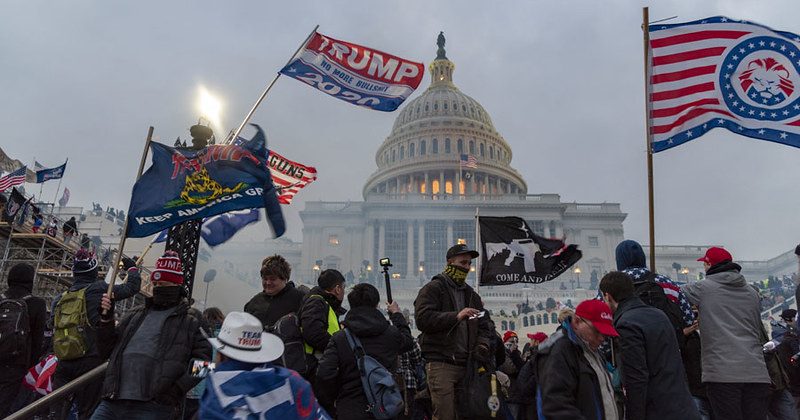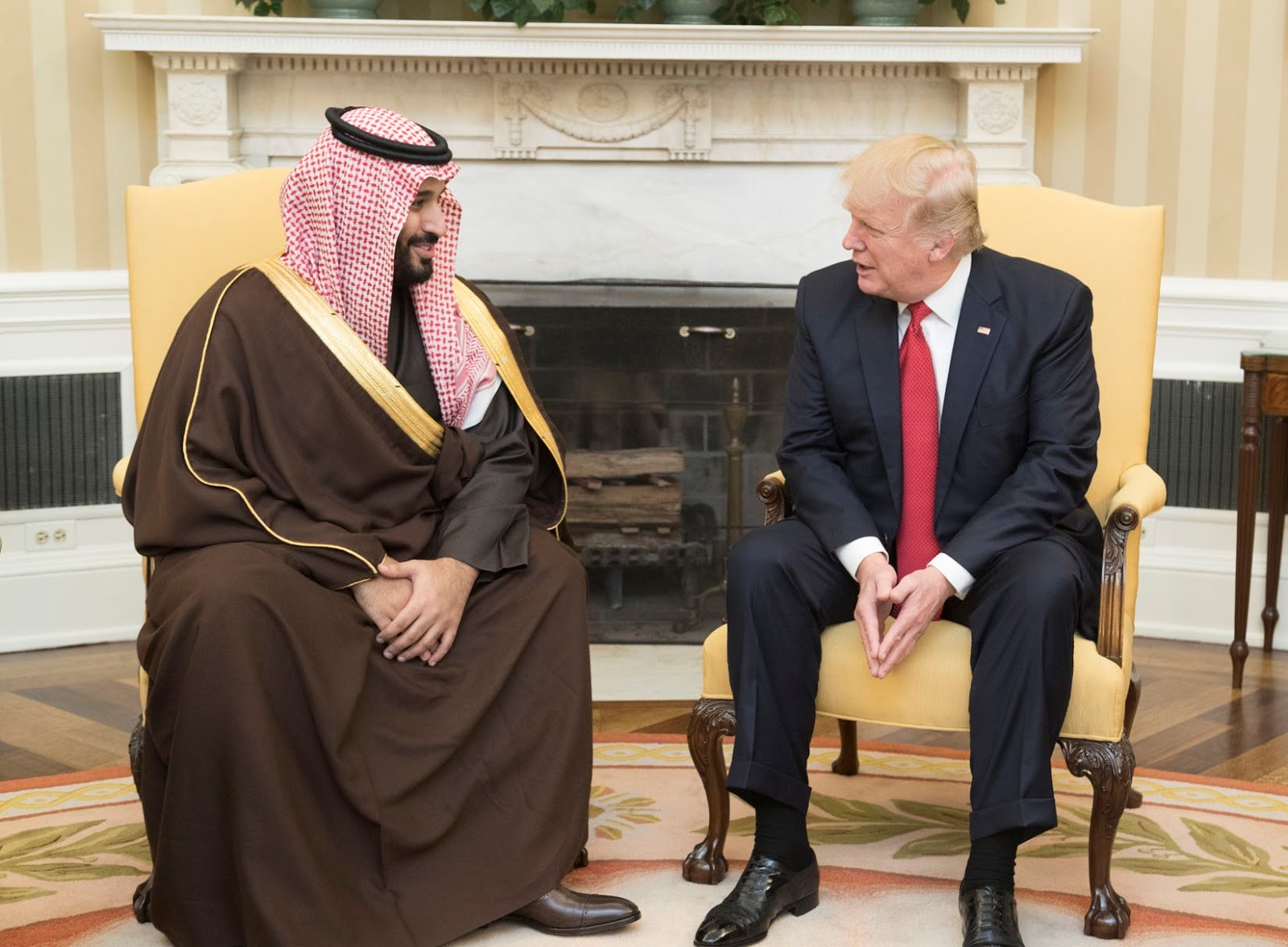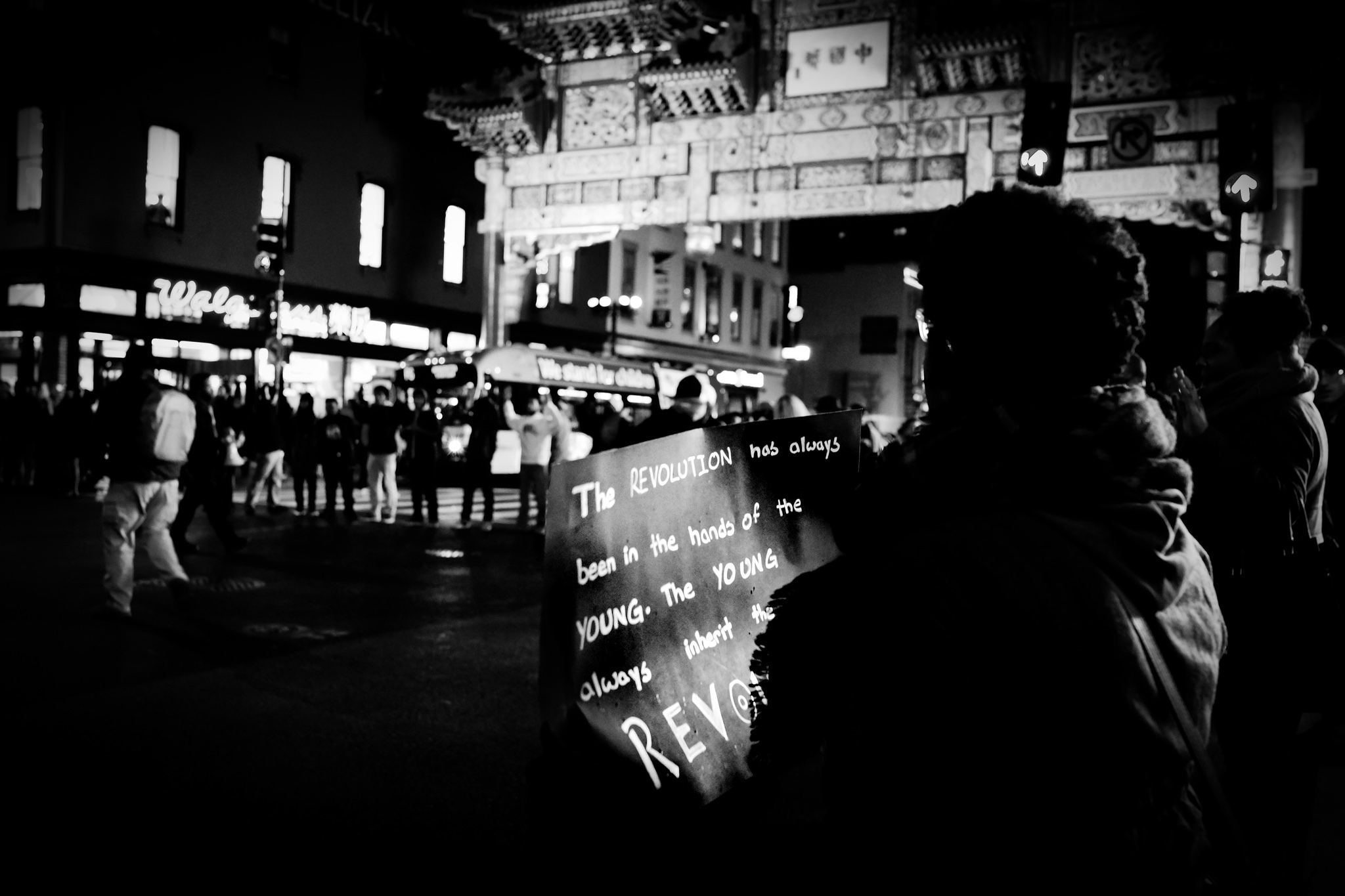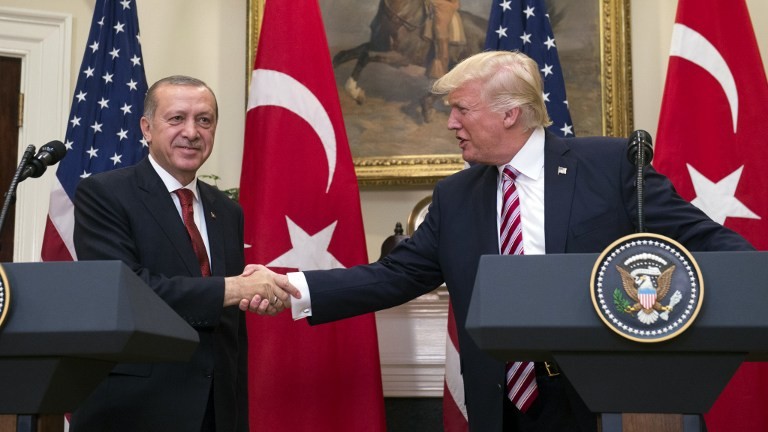
What the Storming of the U.S. Capitol tells us about Contemporary Human Rights
By: Noah Smith, RightsViews Staff Writer
January 6, 2021, will live in infamy as the day American citizens defiled the United States Capitol. A day in which violent insurrectionists brandished the Confederate flag in the Capitol’s hallowed halls, sacked the empty Senate chamber, attacked and killed Capitol Police officers, and called for former Vice President Mike Pence’s execution. All in a miscarried attempt to forcibly overturn the results of the 2020 United States presidential election. Five people died and more than 140 were injured.
The atrocities of January 6, 2021, will leave an indelible scar on the conscience of our nation, reminding us all that democracy is fragile and human rights even more so.
In the aftermath of the Capitol attack, prominent conservative voices largely downplayed its severity. Matt Gaetz (R-Fla.) expressed his anger at the perpetrators just hours after the attack, stating
“some of the people who breached the Capitol today were not Trump supporters. They were masquerading as Trump supporters and...



